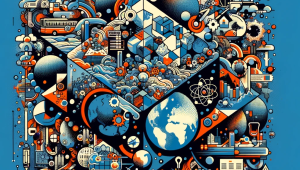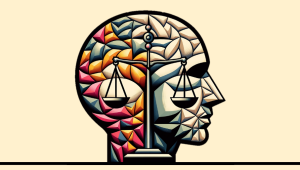Principles, Methods and Challenges

Our daily experience as well as our scientific actions are determined by a constant reduction of complexity. When using a technical device, when creating a scientific model, when translating between languages, when analysing historical developments or when grasping complex systems and facts, ambiguities, uncertainties and contradictions are methodically excluded to a large extent by various principles of complexity reduction in order to be able to arrive at valid results. However, this raises a number of fundamental questions:
How are "universally" valid statements about formations and processes possible in a world that is seemingly so irreducibly marked by differences? Is complexity only given by the fact that epistemological and empirical means are not sufficient to grasp it? What role do (disciplinary) languages play in this? Is complexity a continuum that can only be reduced by interrupting the continuum at one point? Is complexity therefore unavoidable and are scientific means sometimes insufficient to capture it? What are the consequences? Can research only be done in teams? Do we need artificial intelligence to solve the problems? Are findings the end of theories?
WIN-Projects




